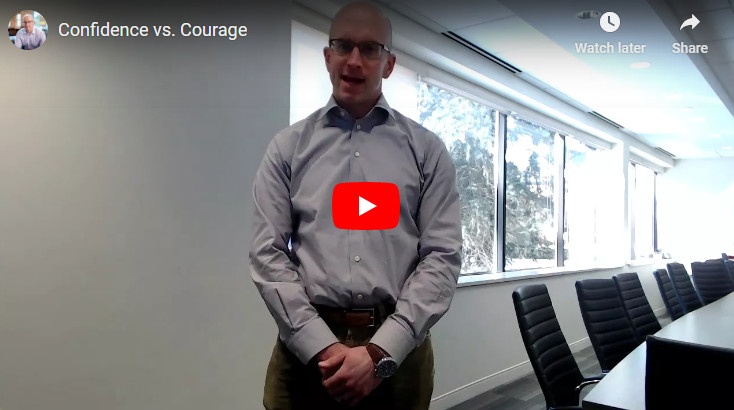Can You Be Trusted?
I recently had lunch with a friend of mine and they shared a story about something that happened within their organization. As the primary leader, they were sort of venting, and sort of looking for reassurance that they had handled the situation well. Not only did I think they handled it well, and in fact, I thought their handling of it could be a brilliant model for other leaders to follow.
Twenty-Four hours later, I found myself amped up on caffeine. As you may have noticed, I have been doing video blogs regularly in 2018, and the topic that had been discussed the day prior was “video worthy,” so off I went.
A few minutes later, the video was done. Before I started uploading it to YouTube, I thought it would be wise to run it by this leader, so I shared the video with them via text. The feedback I received was the following: “Wow, this video is awesome. But since you asked, and I appreciate you asking, I don’t think you should post it publicly because this was a ‘private matter.’ I hope you understand.”
Not only did I understand, I was embarrassed that I had come within seconds of publicly sharing what they had intended to be a private conversation. I was completely in the wrong to assume that my friend’s story was not confidential. So thank God I checked before making a terrible mistake and sharing the “private” matter publicly.
Trust is everything in a relationship, and I had come perilously close to unintentionally ruining the trust my friend had in me. Granted, my intention was to inspire, not to ruin trust —In fact, the gist of the video was encouragement for this organization. Regardless of intentions, I had come close to ruining trust.
I learned a few things from this experience. For starters, I should never assume that I have the liberty to publicly share a story told in private. Further, I should always ask for permission to make sure —this is a good reminder for me and other writers, who are always on the hunt for a good story! Finally, I need to practice self-control with regards to what I tell others. Like many of the readers of this blog, I sign countless NDAs, and have countless “private” conversations. I want to be known as someone others can trust, not as someone with loose lips.
Trust is a big deal. In fact, it may be one of the most critical aspects of any relationship. Learn from me, and assume private conversations are to be kept private unless otherwise noted.
Can You Be Trusted? Read More »






